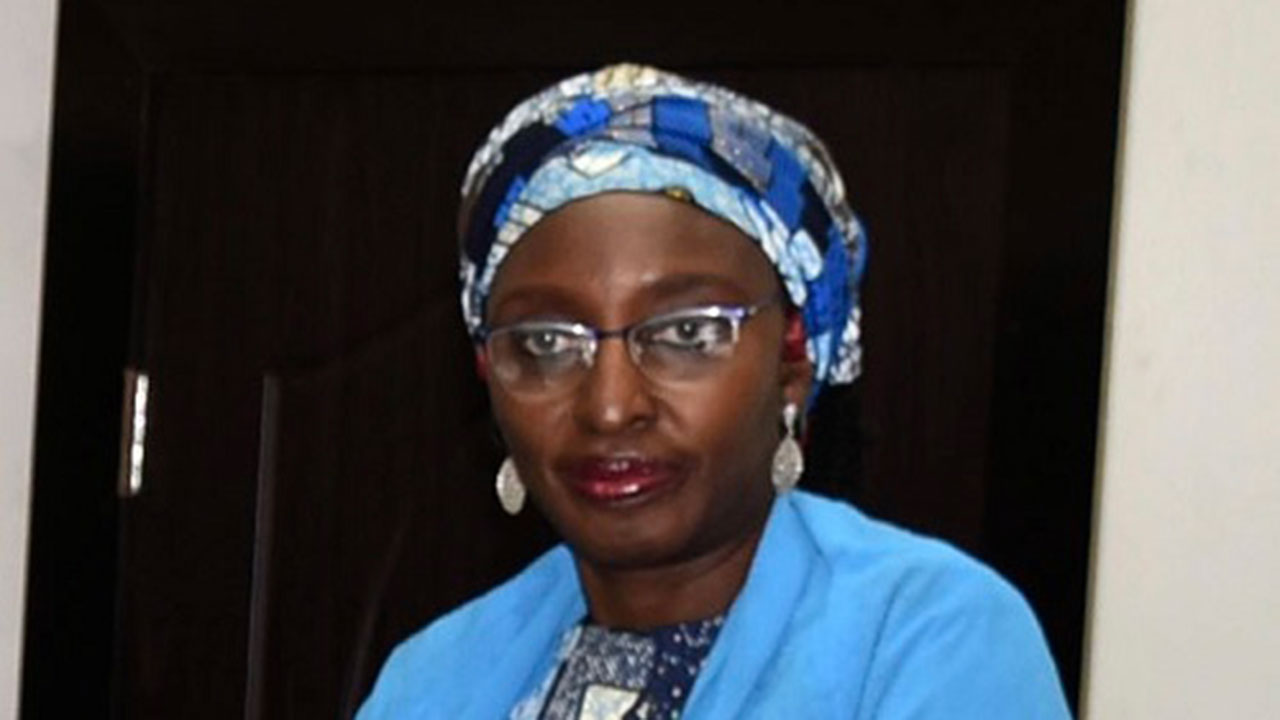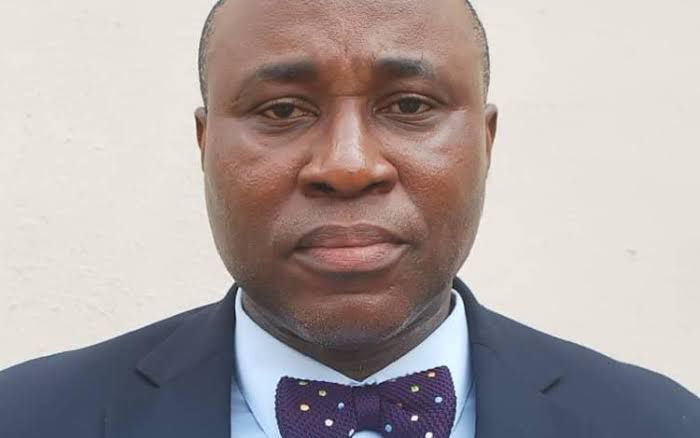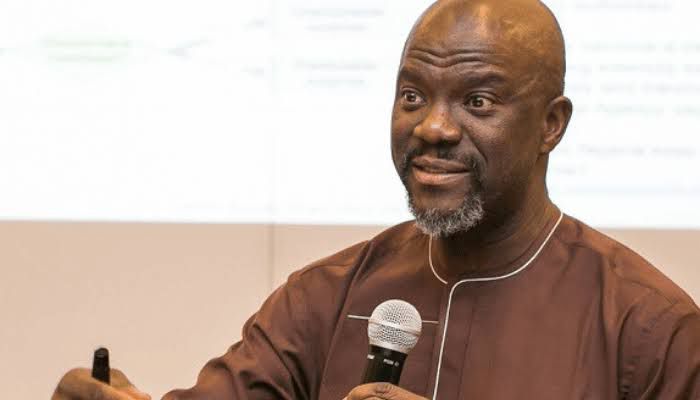
Constant interactions between government, employers’ body and labour unions are necessary to engender a harmonious industrial space, the Permanent Secretary, federal ministry of Labour and Productivity, Daju Kachollom, has said.
Speaking at the sixth Registrar of Trade Unions’ national workshop on current challenges and prospects of trade union administration in Nigeria, Kachollom said that education and empowerment workshops convened yearly were essential ingredients for the development of a well-informed workforce.
This, she said, would also contribute to good governance and the overall reduction in the number of industrial disputes in workplaces.
According to her, “As change agents and promoters of productivity and enhancement, the fundamental objectives of decent work and harmonious industrial relations cannot be achieved without your contributions as key actors of the labour movement. They will serve as a roadmap that will chart the way forward towards repositioning our labour administration system for effective socio-economic development of this great country.”
She hinted that the essence of the gathering was to acquaint participants with current trends and contemporary issues affecting labour administration in Nigeria, and its implication for sustainable development.
The Permanent Secretary added that the workshop will equip participants with the knowledge, skills and expertise to efficiently manage trade union affairs, workplace disputes, jurisdictional scope dynamics, and unfair labour practices.
She said it would also prepare stakeholders for the challenges of how to handle the current challenges faced in the world of work, as well as how to harness the opportunities presented by the future of work in the country.
In his goodwill address, the Director-General of the Nigerian Employers’ Consultative Association (NECA), Adewale-Smatt Oyerinde, said the demographic expansion as envisioned by the African Development Bank (AfDB) to grow to about 450 million people in Africa’s working-age population (ages 15-64) between 2020 and 2035 could be a burden or foundation upon which a prosperous Africa can be built.
He maintained that in the face of an estimated 40.6 per cent unemployment rate by the end of 2023, the government must urgently equip youths with the necessary skills, foster entrepreneurship, and create an enabling business ecosystem that supports job creation.
While calling for the inclusion of more women in the workforce, he argued that by promoting gender equality and providing equal opportunities, Nigeria would not only achieve social justice but also unlock a vast reservoir of talent, leading to higher productivity and sustainable economic growth.
“Another crucial aspect deserving our attention is comprehensive social protection. Shockingly, only 21 per cent of Nigeria’s population currently has access to such support, leaving many vulnerable and without a safety net. Strengthening social protection systems is a vital step towards ensuring a more inclusive and equitable society, where every individual can thrive and prosper,” he said.
He stressed the significance of the informal sector and the need to harness its untapped potential, saying, “We must aim to formalise and strengthen its presence. This strategic approach shall elevate productivity, generate enhanced revenue, and most importantly, afford millions of workers the dignity of decent working conditions.
“Furthermore, our focus on inclusivity must extend to gender empowerment. The prevailing gender disparities in the labour market warrant our utmost attention. By promoting gender equality and offering equal opportunities, we shall unlock a treasure trove of talent and experience, propelling our economies towards greater productivity and stability.”
On his part, the director, Trade Unions Services and Industrial Relations (TUSIR), Federal Ministry of Labour and Employment, Emmanuel Igbinosun, said Nigeria, being a country with a vibrant and dynamic workforce, relies heavily on the effective functioning of its labour administration system.
He submitted that it is the collective responsibility of all the stakeholders to ensure that Nigeria’s labour laws are enforced, workers’ rights are protected, and a harmonious relationship is fostered between labour, management and government.
He said: “Only through a robust and efficient labour administration framework can we tackle the numerous challenges faced by workers and create an environment conducive to sustainable socio-economic growth.”





